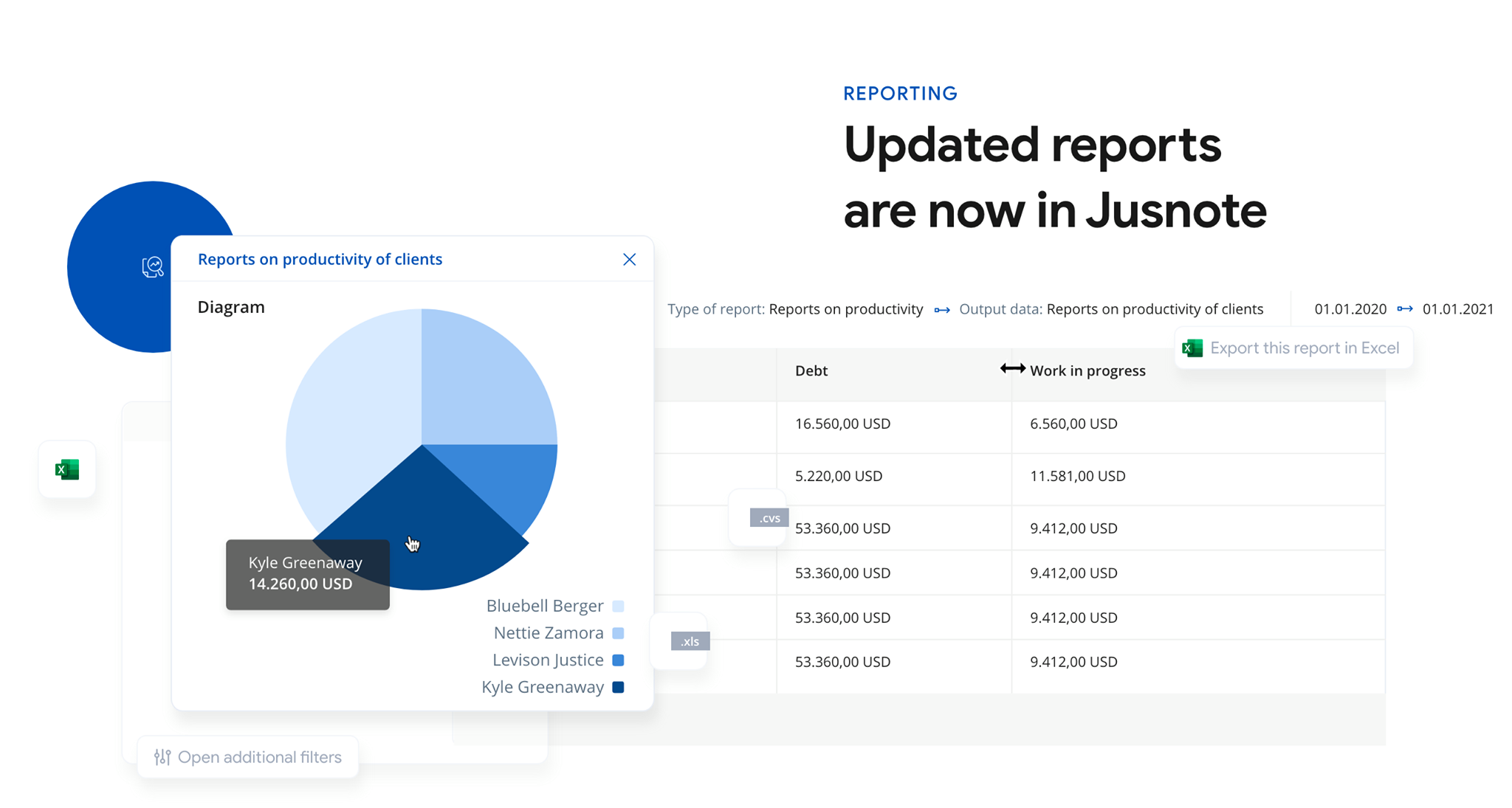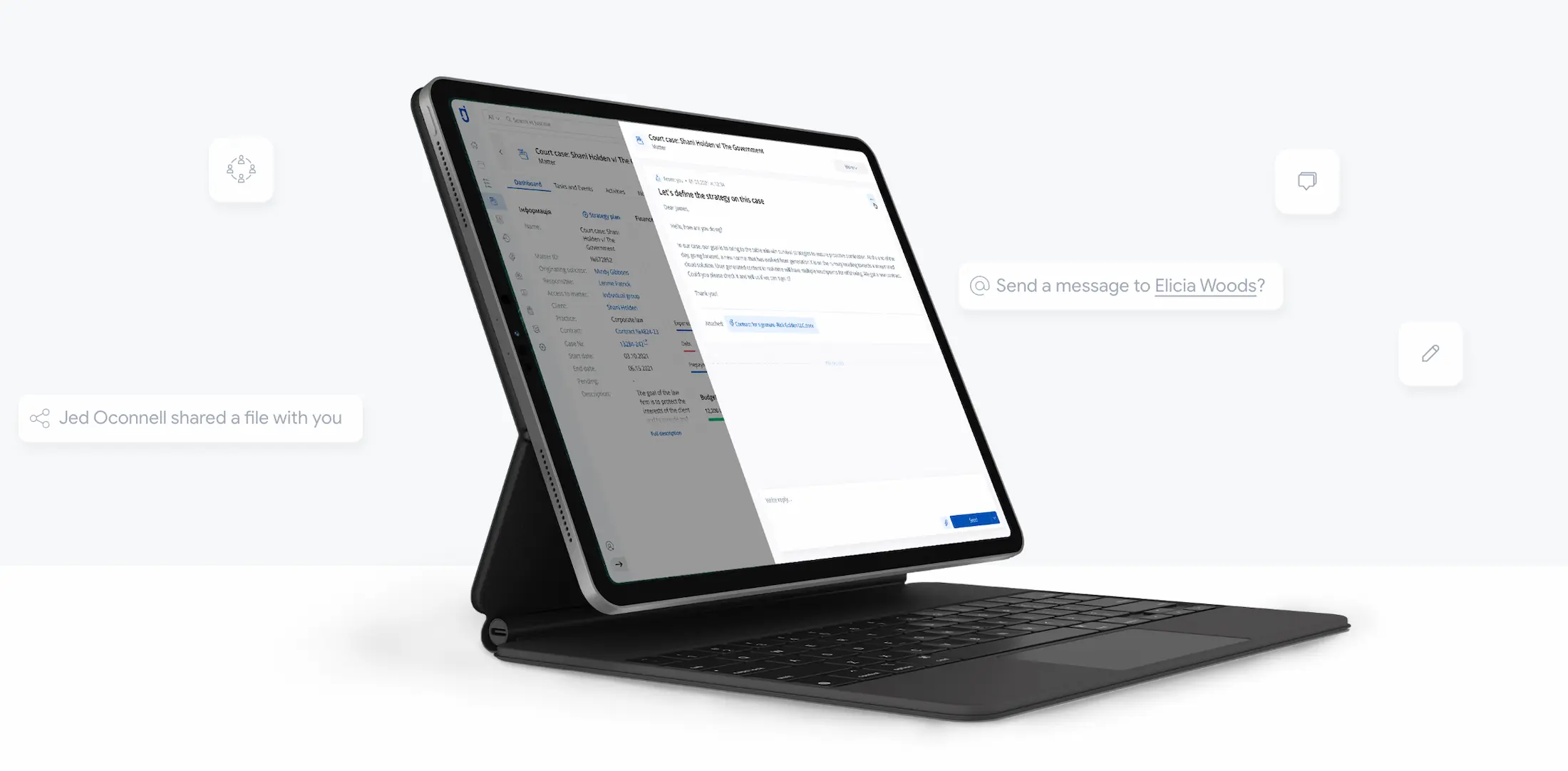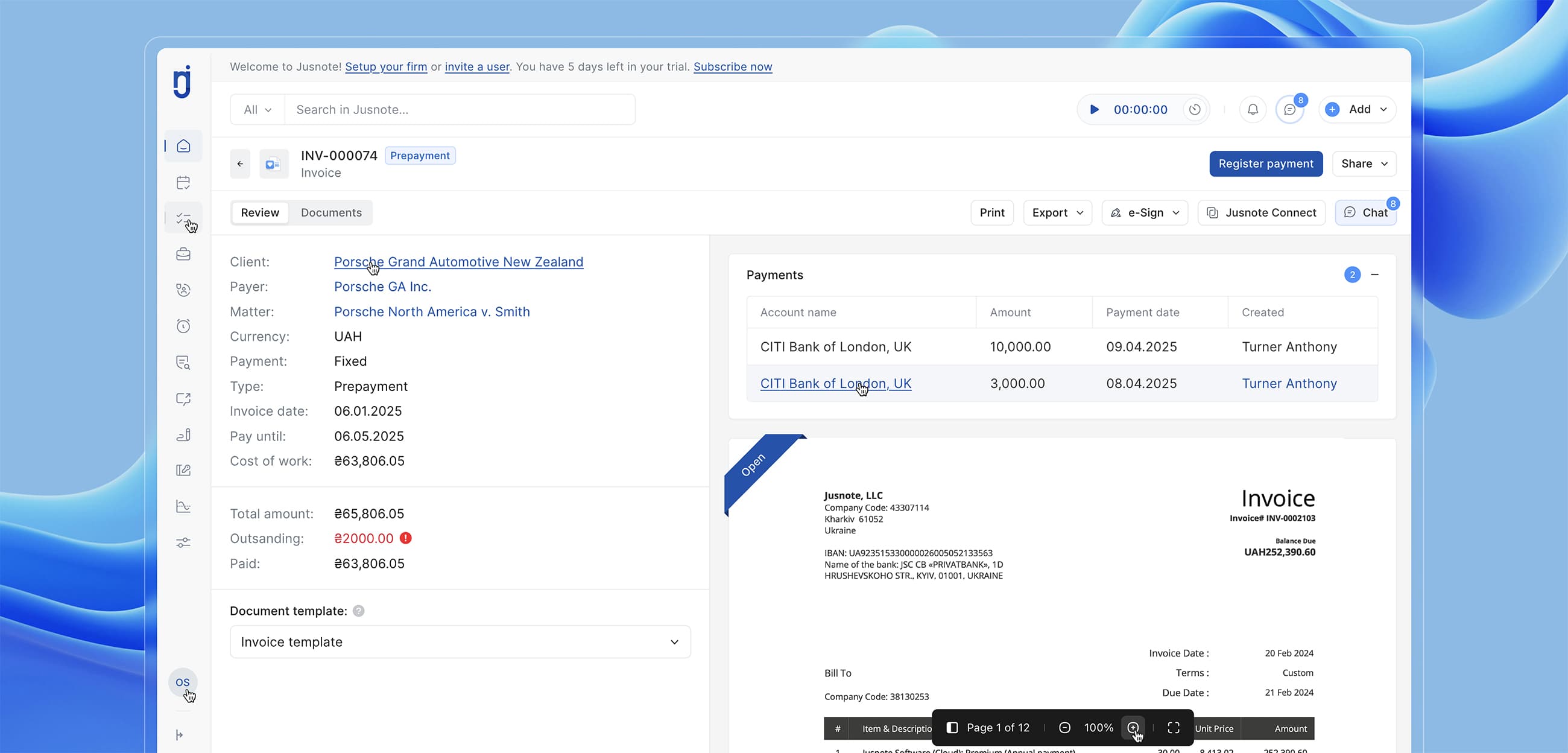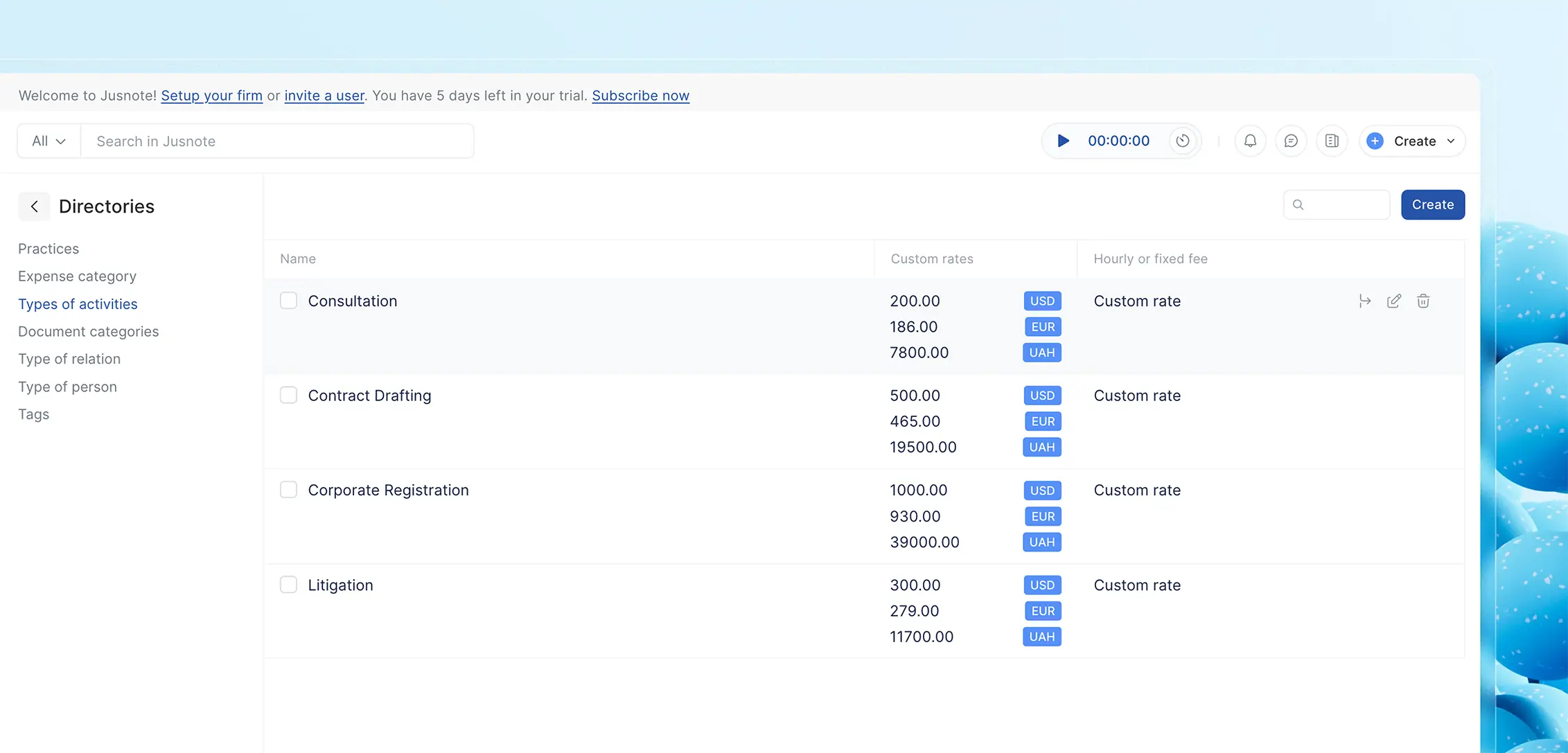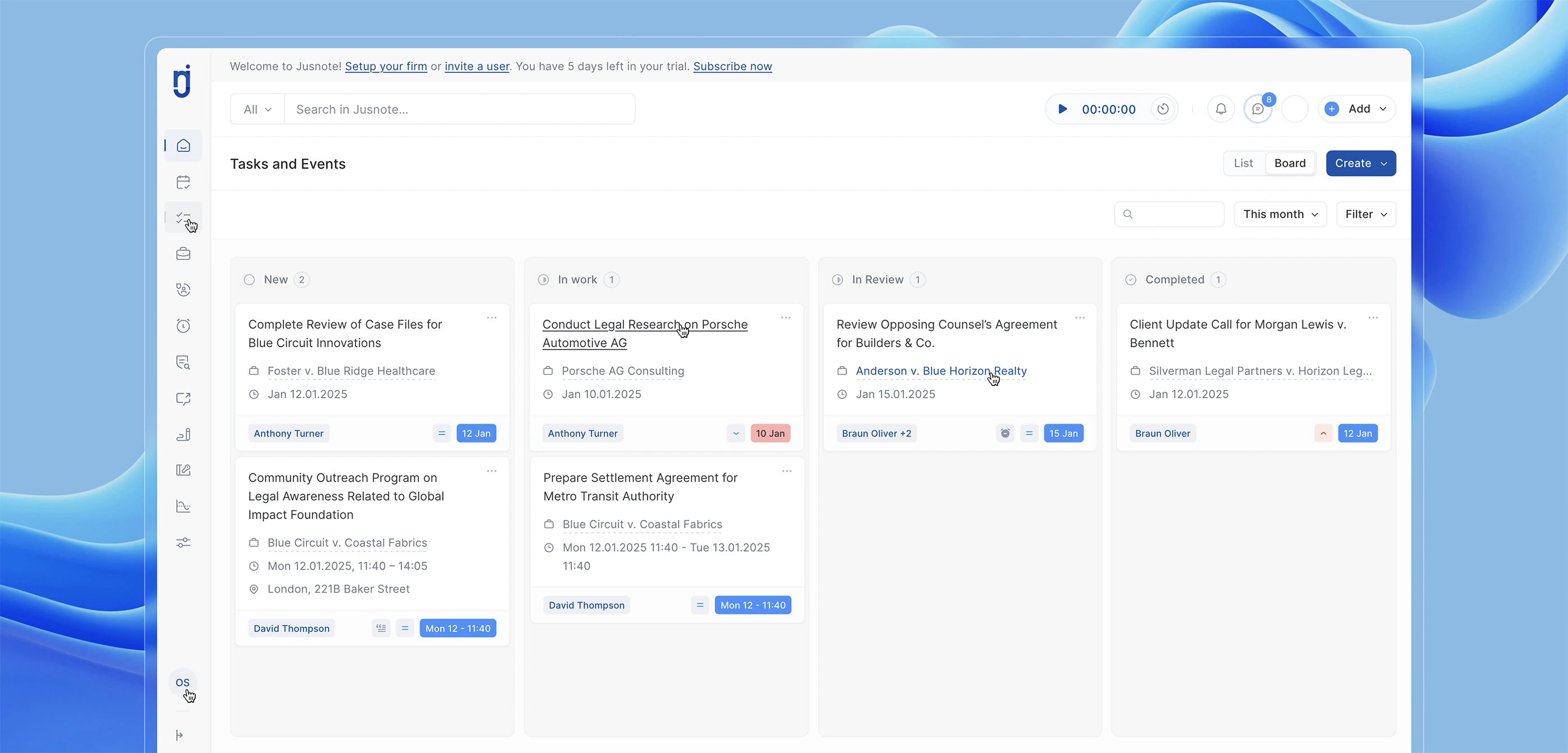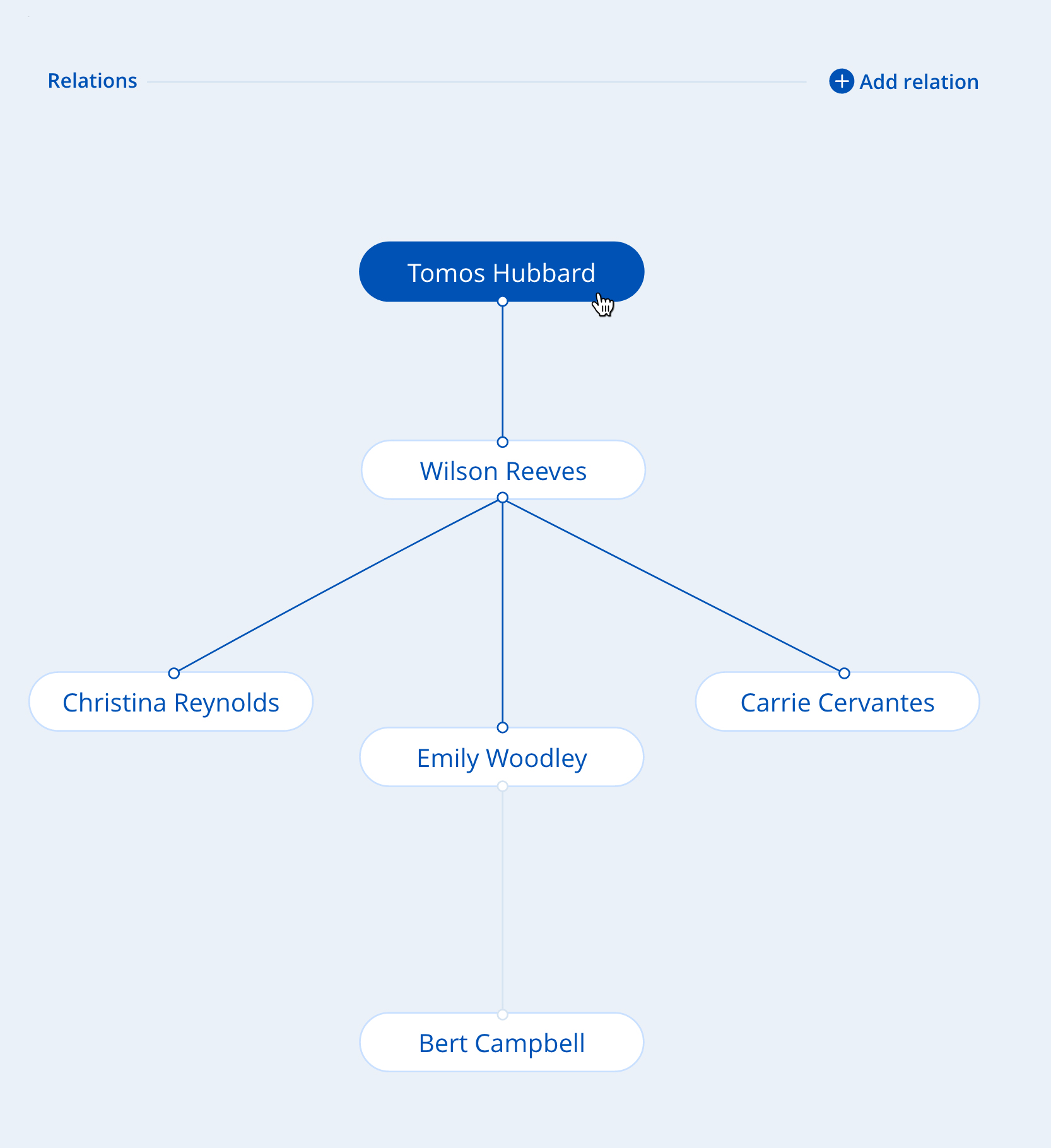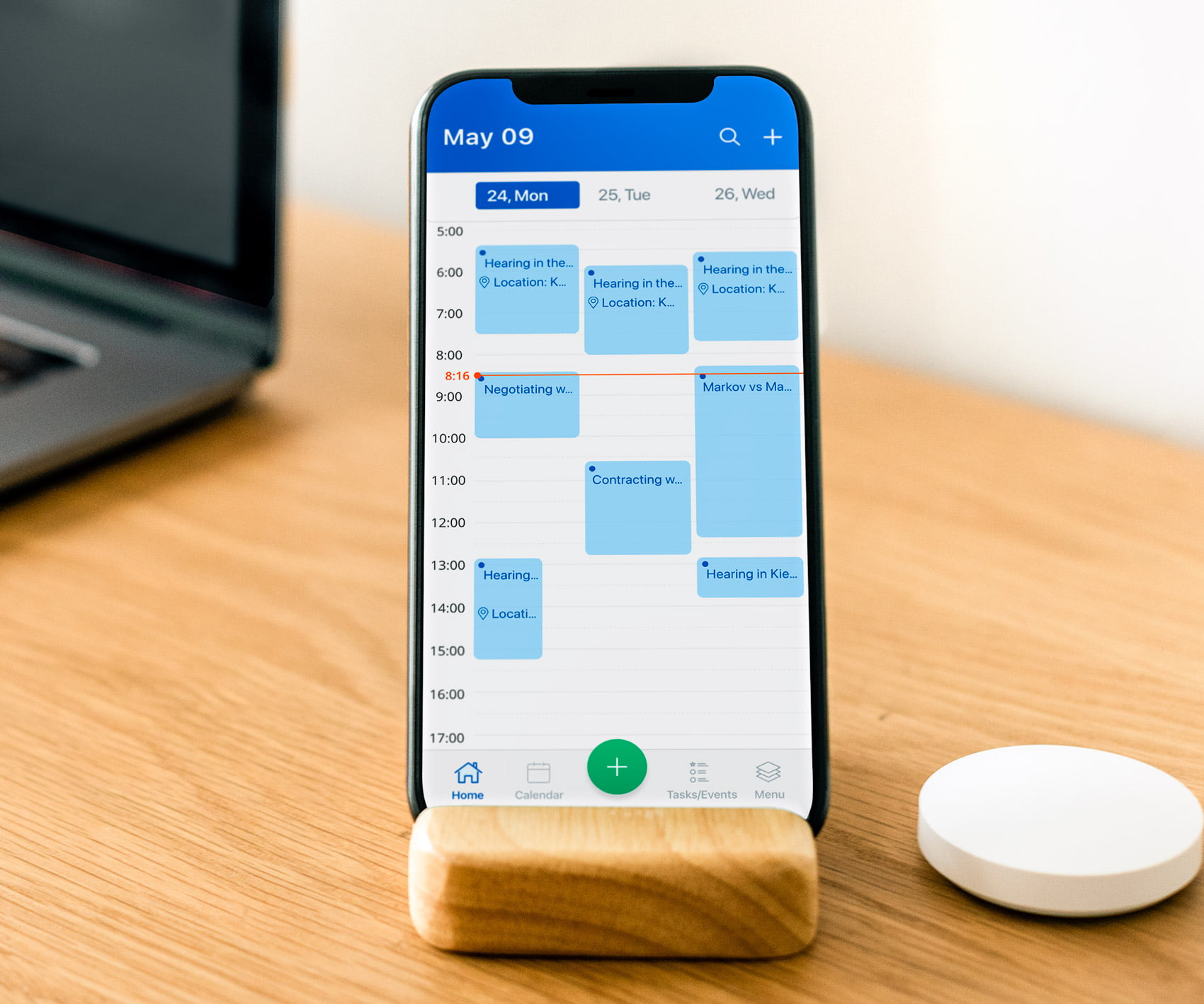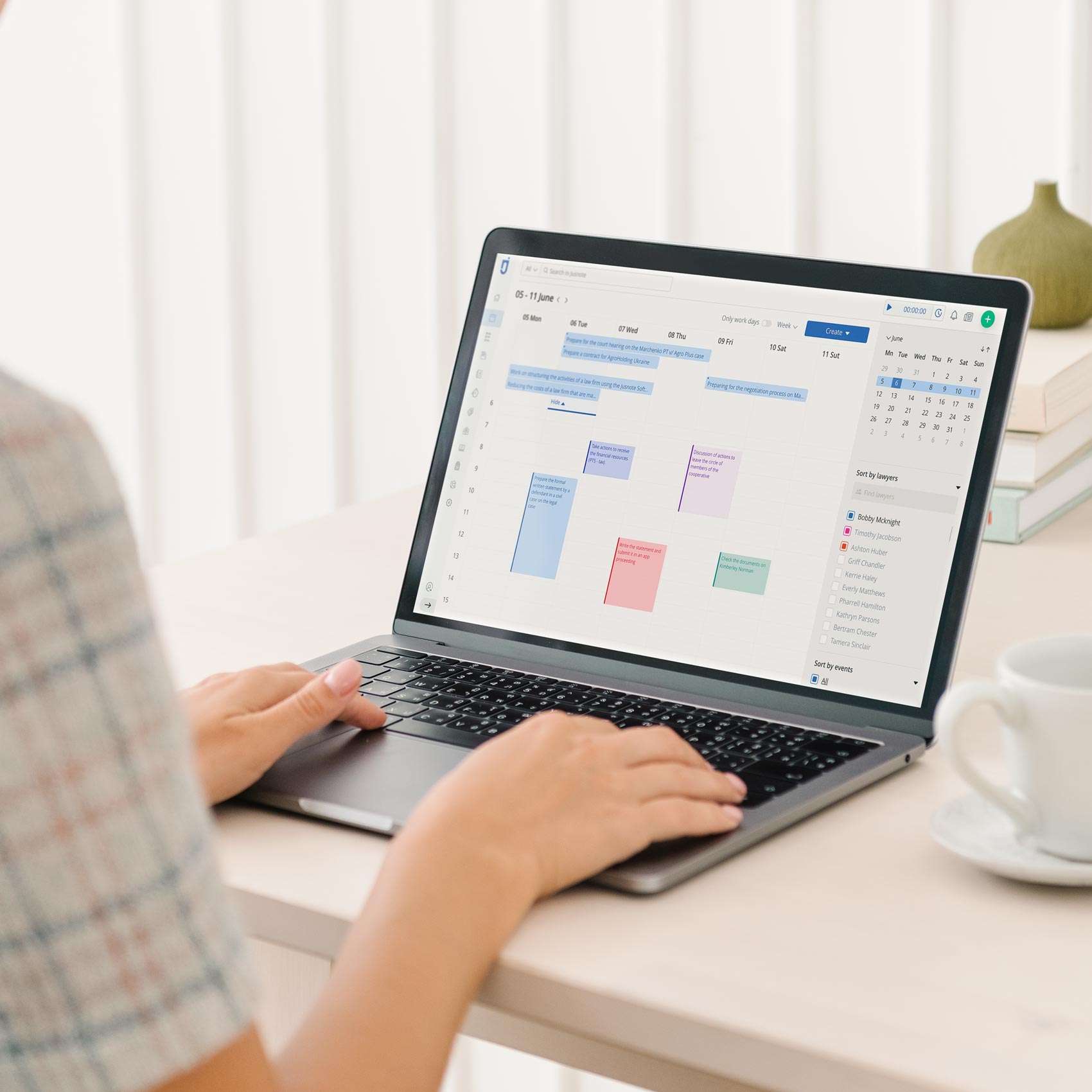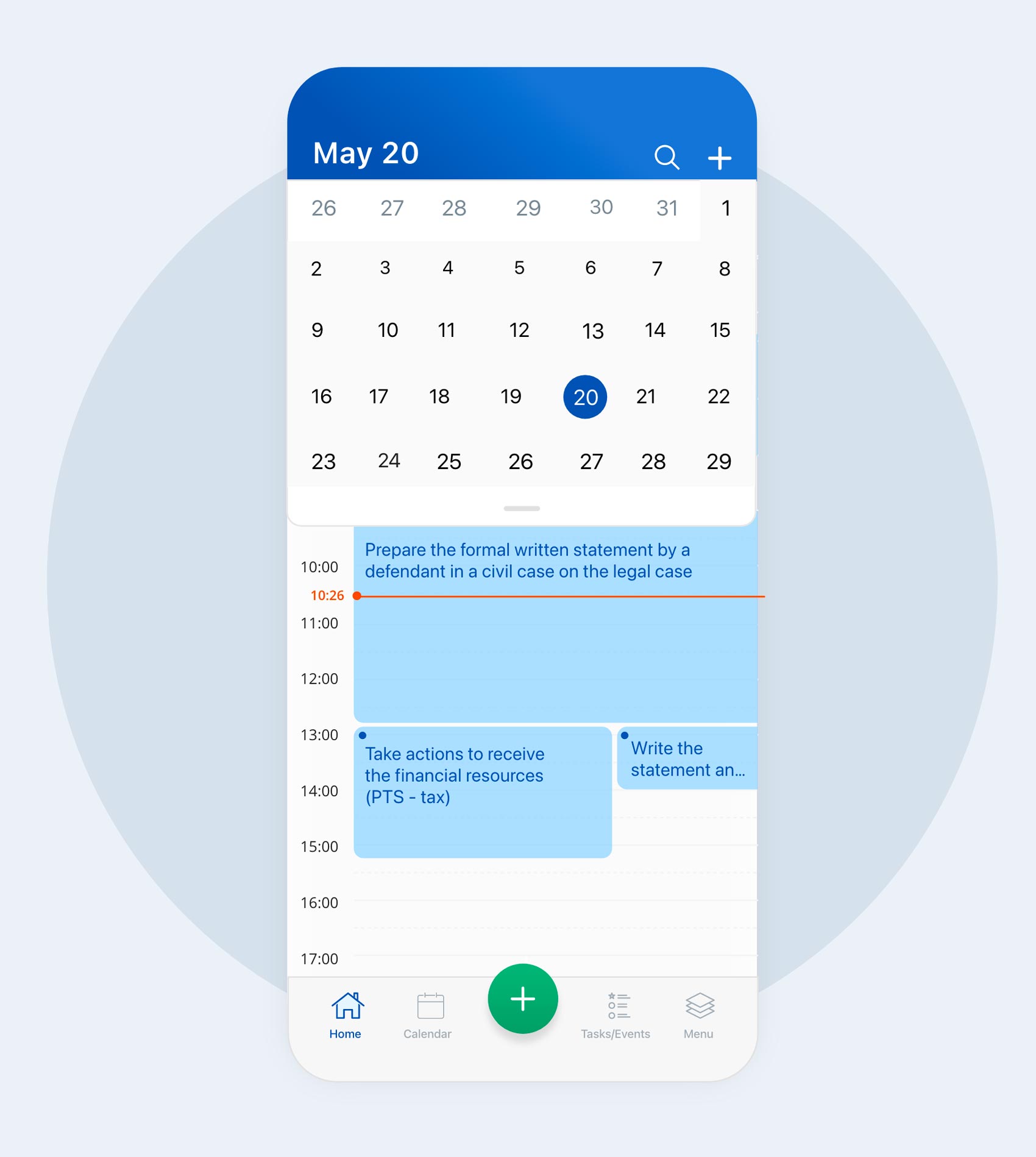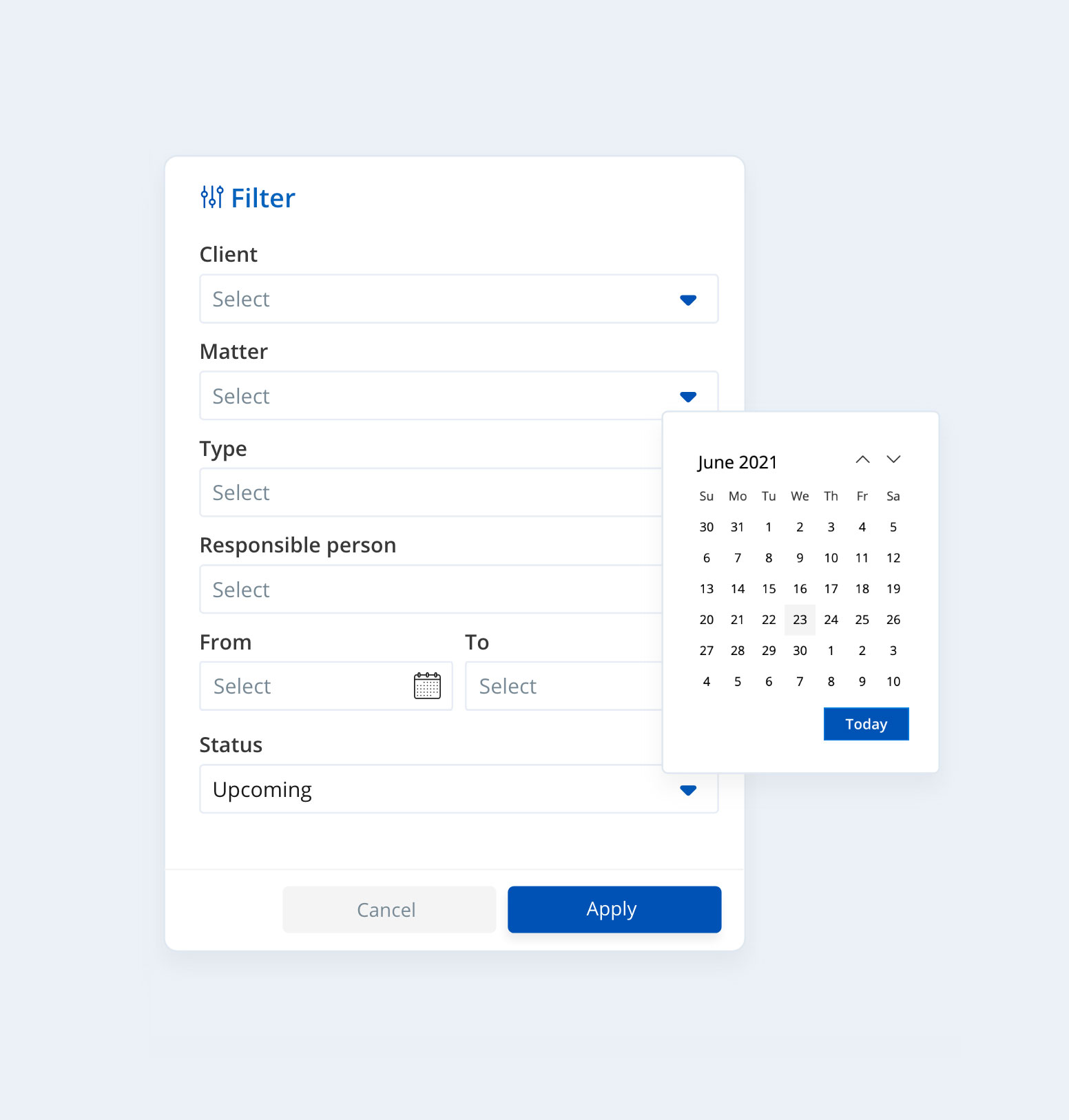BLOG
December 7, 2022
Practical negotiation tips for lawyers
Effective negotiation lets legal specialists settle discrepancies, come to a compromise, and reach consent with a counterparty. During negotiations, lawyers try to achieve the best possible outcome for themselves, their firm, or their client when a disagreement occurs. However, the ability to effectively negotiate, convey arguments, and deal with objections is a skill that lawyers should muster in order to succeed in the legal profession.
Take a look at the key factors of an efficient negotiation process and techniques that can benefit the negotiator.
Negotiation stages
1. Set objectives (preparation)
During preparation, you should gather as much information as possible about your counterpart’s perspectives and be well-oriented in your own circumstances. You can begin with the following:
– prepare laws, facts, and other legal-related resources up front to support your own argument
– acknowledge your counterpart’s position and get ready with opposing arguments
– try to view the case from your opposer’s point of view
Also, consider rational and logical explanations to safeguard your proposals and maintain credibility. Keep focusing on planned items to be discussed and stay within the initial agenda.
2. Build rapport
– Establish friendly relationships with your counterpart from the start of negotiations, such as by discussing some general topics.
– Share some facts about your professional background and ask your counterpart about theirs.
– Select a more personalized and warmer communication style, maintain eye contact, use handshakes, etc., to create an overall positive atmosphere.
3. Create values
– Try getting more information from your counterpart that you find essential for reaching your desired outcomes.
– Define available alternatives in case no agreement is settled.
– Ask open-ended questions to uncover the most recent information and case details.
– Ask WH-questions (why, what, when, etc.) to elicit the roots of case issues and underlying objectives.
– Take notes during the conversation and pay attention to verbal and non-verbal communication signs.
– Summarize the counterpart’s words in the way you understood them to ensure there are no delusions.
– Consider what information is better to provide as a response to your counterpart’s questions.
– Look out for verbal leaks, such as accidental phrases, hesitations, unintended sounds, etc., since they reveal more truth than intended.
– Try to discuss less important points to reach an initial agreement before going into disputes. Also, determine what external factors and circumstances might influence your counterpart’s current position and attitudes.
4. Start negotiation competition
– Consider concession patterns to prevent accidental exposure of confidential data.
– Explain the reason for each of your concessions.
– Keep the focus on aspirations rather than on actual results.
– Present logical, comprehensive, and persuasive arguments to your counterpart.
– Try to avoid making an ultimatum that is not ready to be executed.
Besides, evaluate outcomes in the event of settlement and non-settlement, such as possible monetary losses due to disagreement.
During the final phase, when both parties are about to come closer to the result, try to fill the remaining gaps in communication with your opposing partner with the help of reciprocal concessions.
Once both parties reach a mutual agreement, double-check the final terms to ensure no misunderstandings are left. It’s also recommended to make a draft of the final agreement provisions.
Top 5 negotiation tips for lawyers
There’s a bunch of tools and techniques to prepare for negotiations. We want to help you create your own list of negotiation tips.
Tip #1. Prepare. Poor preparation can cost you lots of money and lead to clients’ trust loss. You should gather enough information about your client’s case, consider inviting a mediator for negotiations, etc.
Tip #2. Choose the most suitable process for your case. Think of how to better manage the settlement. For example, you may need to resolve disagreements with the help of alternative dispute resolution (ADR), which includes different methods, such as mediation, arbitration, conciliation, negotiation, and transaction.
Tip #3. Prepare a client. Inform your client about hypothetical alternatives to their case’s settlement. This way, you help clients see a broader picture of potential choices.
Tips #4. Choose your negotiation style. Choose the style that matches your personality. For example, a competitive negotiation style (e.i., distributive, positional, or aggressive) is applicable when your goal is to beat the opposing party and make a maximum profit for your client.
On the other side is integrative negotiation, which means cooperative, conciliatory, or friendly negotiation style. This style fits when both parties strive to reach equally beneficial results.
Tip #5. Draft a memorandum of settlement. A lot of negotiations occur at mediation. It would be best if you made an enforceable agreement — where you write all the terms both parties agree upon once a settlement has been reached, especially when official documents are to be provided later. Ensure you leave copies of the agreement to all the persons involved, including a mediator.
Conclusion
As a result, quality preparation, being conscious of your client’s needs, and doing sufficient legal research are key to successful negotiations. Still, practice is king. The more various legal cases you handle, the better negotiator you become. Good luck!
Try Jusnote for free to build a more productive and profitable legal practice.



 Jusnote Newsroom
Jusnote Newsroom  Search Newsroom
Search Newsroom
 Back to all publications
Back to all publications

